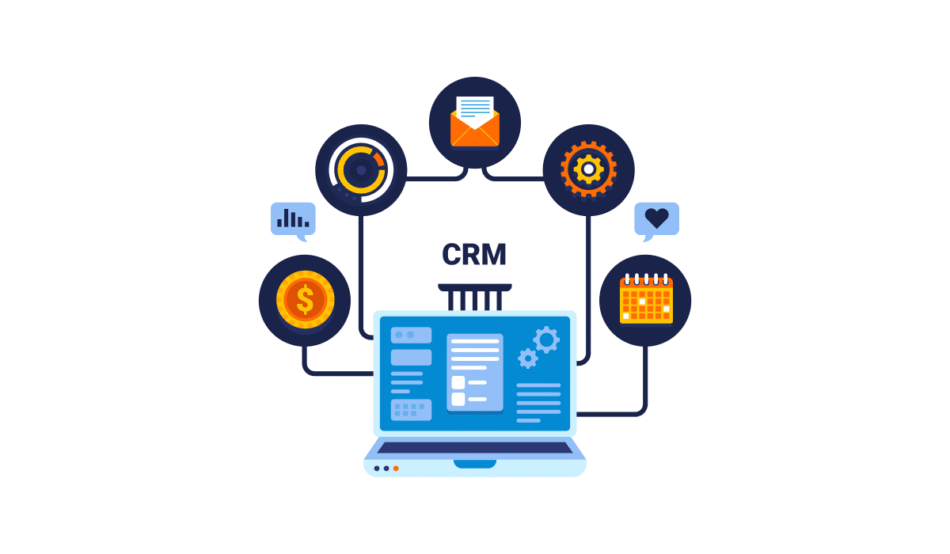New Zealand’s business landscape in 2025 is more competitive than ever, with companies needing to adapt to rapidly changing consumer demands, regulatory updates, and technological advancements. Off-the-shelf software often falls short in meeting these evolving needs, lacking the flexibility to handle unique workflows or integrate with local systems. This is why custom CRM and ERP solutions are emerging as essential tools, helping businesses operate more efficiently, gain deeper insights, and enhance customer relationships.
Why tailor-made software delivers better results
For organizations in industries like hospitality, retail, agriculture, and logistics, choosing to develop custom CRM software means building a platform that perfectly aligns with how they operate. These solutions can integrate with New Zealand-specific payment gateways, meet privacy compliance standards, and reflect local market conditions in their analytics and reporting.
Tailored CRM systems empower sales teams to track leads more effectively, help marketing teams target campaigns precisely, and enable customer service representatives to respond with accurate, real-time data. When paired with a bespoke ERP platform, they create a seamless operational ecosystem, reducing errors and improving decision-making.
Features that drive efficiency and growth
High-performing CRM and ERP solutions are designed to address both external and internal business needs. On the CRM side, essential features may include automated lead nurturing, client segmentation, real-time notifications, and integration with social media platforms. ERP modules can cover functions such as payroll automation, multi-warehouse inventory control, order management, and advanced financial reporting.
Scalability is critical for growing companies. Well-structured platforms can expand with the business, adding new modules and integrations as demands evolve. Enhanced security—through encryption, access control, and regular backups—ensures sensitive company and customer data remains protected.
Partnering with experts for the right build
Selecting the right team for custom ERP software development can be the difference between a platform that drives growth and one that struggles to deliver. An experienced partner will understand the unique challenges of the New Zealand market, such as compliance with local tax regulations, rural and urban connectivity differences, and sector-specific operational workflows.
A collaborative approach, where developers work alongside internal teams, ensures the finished product aligns with existing processes. This improves adoption rates, minimizes disruption during implementation, and reduces the likelihood of costly redesigns.
Overcoming common roadblocks
Implementing a custom solution can present challenges like integrating with outdated legacy systems, high initial costs, or staff reluctance to change established routines. These can be addressed through phased rollouts, comprehensive training programs, and clear communication about the benefits to employees. Showing how the software reduces manual workloads and simplifies reporting can greatly improve buy-in across departments.
Another strategy is to start with core functionalities and gradually add advanced features, allowing businesses to spread costs and avoid overwhelming users with too many changes at once.
Leveraging international expertise for innovation
Engaging with a reputable software development company in Dubai can bring valuable global expertise to New Zealand businesses. Dubai’s tech sector is known for delivering innovative, high-performance solutions for diverse industries, offering best practices that blend local adaptation with international standards.
By working with such a partner, New Zealand companies can gain access to advanced tools, design trends, and scalability strategies that position them for both domestic success and potential international expansion.
Conclusion
As competition and customer expectations continue to rise in 2025, New Zealand businesses need more than just standard software—they need platforms that truly fit their operations. Custom CRM and ERP solutions provide the flexibility, security, and integration necessary to streamline processes and strengthen customer engagement. By investing in tailored systems and the right development partner, companies can build a strong foundation for growth, efficiency, and long-term success in a fast-changing market.









